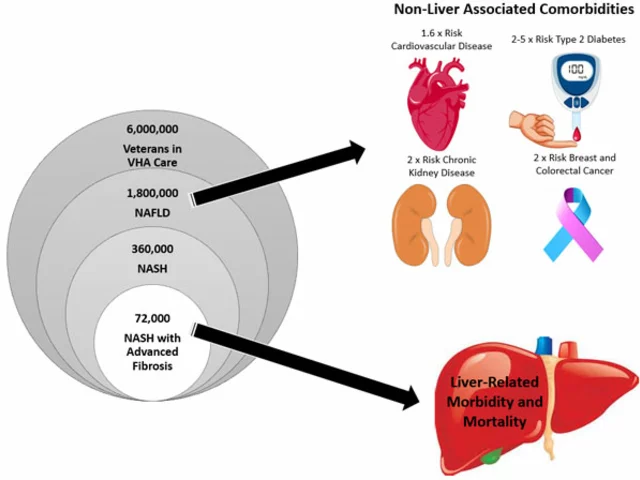Supplement Comparison: Pick the Best Health Supplements for You
Ever stare at a shelf of vitamins and wonder which one actually works? You’re not alone. With thousands of options, figuring out what’s right can feel overwhelming. The good news is you don’t need a PhD to compare supplements. By focusing on a few simple criteria, you can cut through the hype and find a product that matches your needs, budget, and safety standards.
Key Factors to Compare Supplements
First, check the label for the active ingredient and its dosage. Look for a clear amount per serving—something like 500 mg of vitamin C or 200 IU of vitamin D3. If the dosage is vague or missing, the product is probably low quality. Next, verify the source. Natural extracts should state the plant part (e.g., "green tea extract (Camellia sinensis) – 50% EGCG"). Synthetic components are fine, but they must be listed with their exact chemical name.
Third, consider third‑party testing. Certifications from NSF, USP, or ConsumerLab signal that an independent lab has checked purity and potency. Without that stamp, you’re relying on the manufacturer’s word alone. Fourth, read the ingredient list for fillers, binders, or allergens. Many cheap pills hide artificial colors, soy, or gluten, which can cause issues if you have sensitivities.
Finally, compare price per dose, not just the bottle price. A $20 bottle of 60 tablets might look cheap, but if each tablet provides only half the recommended dose, you’ll end up spending more in the long run. Divide the total cost by the number of effective doses to see the real value.
Top Tools and Resources
Websites like Labdoor, Examine.com, and the NIH’s Office of Dietary Supplements compile research and testing results for popular products. Plug the supplement name into their search bars and you’ll get a quick safety rating, efficacy summary, and any known side effects. Mobile apps such as MyFitnessPal and Cronometer let you log supplement intake alongside food, helping you spot duplicate nutrients or excess amounts.
Don’t forget the power of community. Forums on Reddit’s r/Supplements or health‑focused Facebook groups often share real‑world experiences. While anecdotes aren’t scientific proof, they can highlight issues like stomach upset or unusual taste that the label won’t mention.
When you’ve narrowed down a few candidates, talk to a pharmacist or your doctor. A short chat can confirm whether the supplement interacts with any prescription meds you’re taking. It’s a quick step that can prevent headaches—or worse—later on.
By checking the active dose, source, third‑party testing, ingredient list, and price per dose, you’ll have a solid framework for any supplement comparison. Use the online tools and a quick professional consult, and you’ll walk away with a product that actually supports your health goals rather than just your wallet’s wishful thinking.









